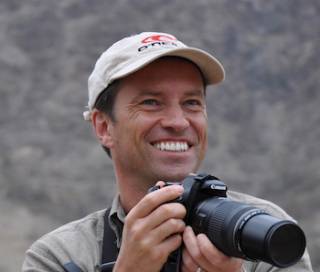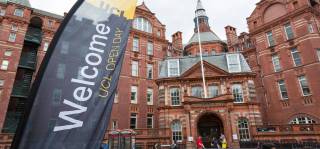This new research-led programme is run in collaboration with the Institute of Zoology and the Natural History Museum, providing a rigorous training and unparalleled opportunities.
Course Overview
Taught modules will focus on cutting-edge quantitative tools in ecology, evolutionary biology, genetics, bioinformatics, systematics, palaeobiology, conservation, biogeography and environmental biology. Seminars, journal clubs and the two research projects will provide students with diverse opportunities for experience at UCL Genetics, Evolution and Environment & Centre for Biodiversity and Environment Research, the Natural History Museum and the Institute of Zoology, Zoological Society of London.
Career opportunities
This programme offers students a strong foundation with which to pursue careers in academic research, environmental policy and management, applied conservation, public health, or scientific journalism.
 Close
Close



